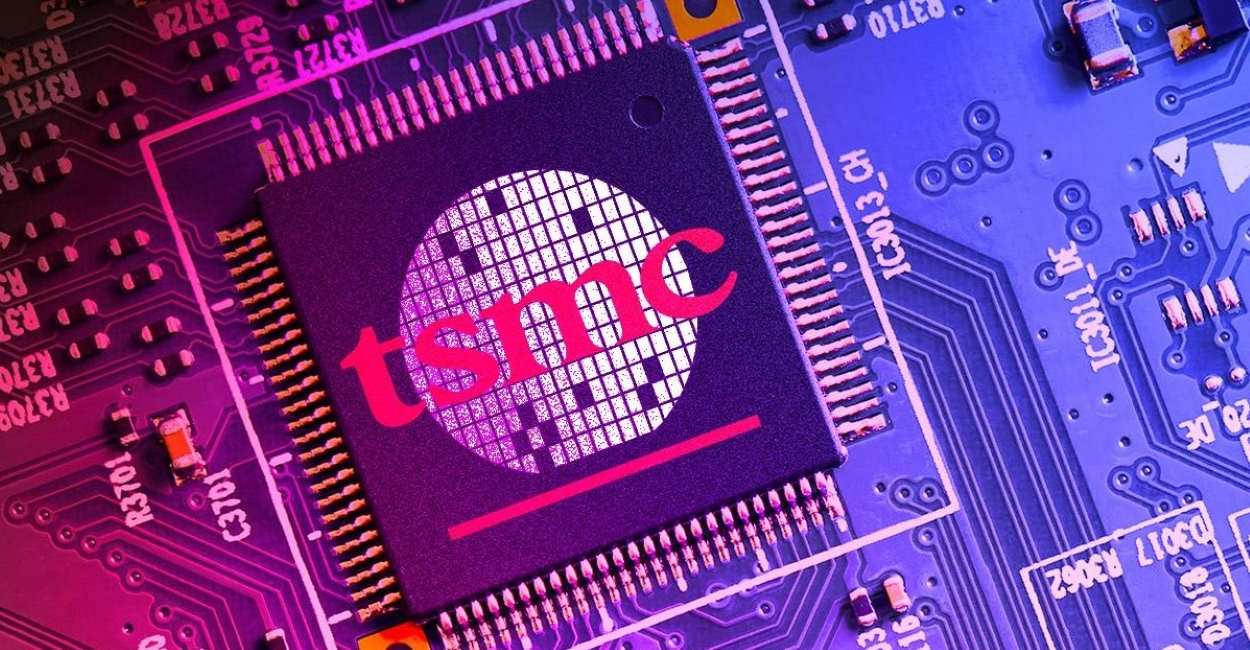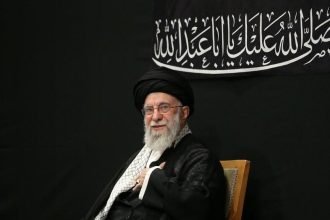TSMC, the trillion-dollar Taiwanese chip giant, joined an elite group of companies valued over $1 trillion. After a career in the U.S. tech industry, founded in 1987 by Morris Chang, a graduate of MIT and Stanford, TSMC has grown into a cornerstone of the global semiconductor industry. Here are five key points about the company:
Innovative Roots
Under the guidance of Morris Chang, who originated from mainland China in 1931 and retired in 2018, TSMC established itself as a vital competitor in the semiconductor industry. Taiwan, aiming to rival countries like Japan that dominated the sector, now celebrates Chang as the “godfather” of its thriving chip industry. In recognition of his contributions, Taiwan awarded him one of its highest medals of honour in April.
AI Revolution
Amidst the AI boom fueled by platforms like ChatGPT, TSMC has seen a surging demand for advanced semiconductors necessary for AI applications. The company is a key supplier to industry leaders such as Nvidia, Qualcomm, and AMD and has long-term bookings for its chips. Apple, one of its most prominent clients, depends on TSMC for chips in its latest iPhones and MacBooks. TSMC’s website highlights its commitment to pioneering technology for future AI devices.
Geopolitical Concerns
As a critical link in the global semiconductor supply chain, Taiwan’s political status poses strategic challenges for TSMC. China’s claim over Taiwan and its increasing military pressure raise global concerns about the security of the chip supply. U.S. Commerce Secretary Gina Raimondo emphasized the catastrophic implications of a potential Chinese takeover of Taiwan and TSMC at a Congressional hearing.
Global Expansion
To reduce risks linked to its base in Taiwan, TSMC is pursuing international expansion. The company has allocated $65 billion to construct semiconductor plants in Arizona, where it encounters recruitment challenges stemming from the specialized nature of chip manufacturing. Moreover, TSMC has embarked on a major venture in Japan with a plant worth $8.6 billion and is planning further expansions in Europe, including a new factory in Germany.
Natural Disaster Risks
Beyond geopolitics, natural disasters pose another risk to TSMC’s operations. Located on the seismic “Ring of Fire,” Taiwan experiences frequent earthquakes. TSMC responded to a severe 7.4-magnitude quake in April by halting production, although it reported minimal impact on its operations. The company has invested in seismic resistance technologies to mitigate these risks, including an early earthquake warning system.
TSMC’s strategic responses to challenges and opportunities illustrate its crucial role in regional and global economies, navigating technological innovations and geopolitical tensions.






